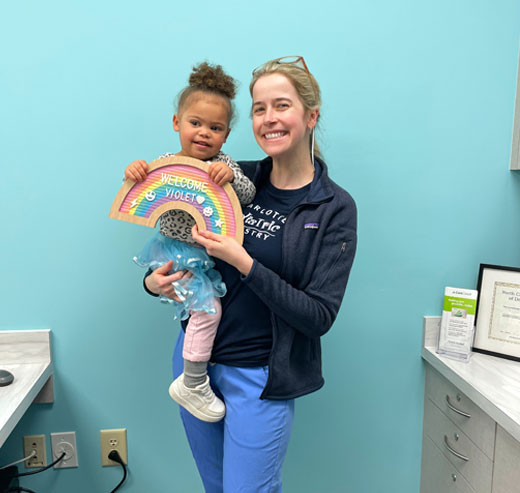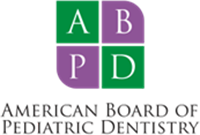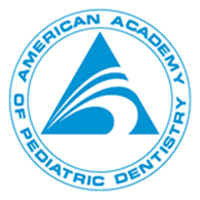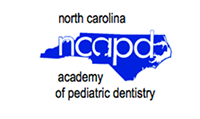 SEATTLE In the surgical wing of the Center for Pediatric Dentistry at Seattle Children’s Hospital, Devon Koester, 2 1/2 years old, was resting in his mother’s arms as an anesthesiologist held a bubble-gum-scented mask over his face to put him under.
SEATTLE In the surgical wing of the Center for Pediatric Dentistry at Seattle Children’s Hospital, Devon Koester, 2 1/2 years old, was resting in his mother’s arms as an anesthesiologist held a bubble-gum-scented mask over his face to put him under.
The doctors then took X-rays, which showed that 11 of his 20 baby teeth had cavities. His pediatric dentist extracted two incisors, performed a root canal on a molar, and gave the rest of the teeth fillings and crowns.
Devon’s mother, Melody Koester, a homemaker, and her husband Matthew, an information technology manager, said they began worrying about brushing Devon’s teeth only after Melody Koester noticed they were discolored when he was 18 months old.
“I had a lot on my mind, and brushing his teeth was an extra thing I didn’t think about at night,” she said.
The number of preschoolers requiring extensive dental work suggests that many other parents make the same mistake. The Centers for Disease Control and Prevention noted an increase, the first in 40 years, in the number of preschoolers with cavities in a study five years ago.
Dentists nationwide say they are seeing more preschoolers at all income levels with six to 10 cavities or more. The level of decay is so severe that they often recommend using general anesthesia because young children are unlikely to sit through such extensive procedures while they are awake.
There is no central clearinghouse for data on the number of young children undergoing general anesthesia to treat multiple cavities, but interviews with 20 dentists and others in the field of dental surgery suggest that the problem is widespread.
“Pediatric dentists and public health dentists have seen a rising trend in childhood tooth decay for some time now,” says Dr. Ron Venezie of Apex. Before entering private practice in 2004, Venezie spent seven years working for the N.C. Department of Health and Human Services in dental programs.
Adds Dr. Martha Ann Keels, associate professor in surgery and pediatrics at Duke Children’s Hospital and Health Center in Durham, “We are seeing more and more cases of young children (ages 3-5) with what we call the ‘eight chewing cavities,’ which means cavities between all eight back molars and on top of all back molars.”
“We are treating at least five children per week in the operating room at Duke with significant tooth decay,” says Keels.
“While we always see quite a bit of early childhood (cavities) in our practice, we have ... also seen an increase in the severity of the disease,” says Dr. Margaret Lochary, a Charlotte dentist and spokeswoman for the American Academy of Pediatric Dentists.
Such operations are largely preventable, said Dr. Jonathan Shenkin, a pediatric dentist in Augusta, Maine, and a spokesman for the American Dental Association. “I have parents tell me all the time, ‘No one told us when to go to the dentist, when we should start using fluoride toothpaste’ – all this basic information to combat the No. 1 chronic disease in children.”
Dentists offer a number of reasons so many preschoolers suffer from such extensive dental decay: endless snacking and juice or other sweet drinks at bedtime, parents who choose bottled water rather than fluoridated tap water for their children, and a lack of awareness that infants should, according to pediatric experts, visit a dentist by age 1 to be assessed for future cavity risk, even though they may have only a few teeth.
“Consumption of carbohydrate-rich foods (sugars and starches) on a frequent basis seems to be one of the biggest factors related to early childhood tooth decay in my practice,” says Venezie. “Our hectic lifestyles can certainly lead to parents relying heavily on ready-to-go processed snacks and juices, sports drinks, etc.”
Keels says soft, sticky foods – “gummies, gummy vitamins, cereal bars, granola bars, Skittles, Starbursts, fruit chews, Fruit Roll-ups, raisins and craisins” – are especially problematic.
Because some toddlers dislike tooth-brushing, some parents do not enforce it.
“Let’s say a child is 1 1/2, and the child screams when they get their teeth cleaned,” said Dr. Jed Best, a pediatric dentist in New York. “Some parents say, ‘I don’t want my little darling to be traumatized.’ The metaphor I give them is, ‘I’d much rather have a kid cry with a soft toothbrush than when I have to drill a cavity.’ ”
Exercising good oral health care early on is important, says Keels of Duke.
“There are 20 baby teeth. Twelve of the 20 should last until age 10 to 12, and they are very important space holders for the adult teeth. If you lose a baby tooth prematurely, then you are potentially creating a crowding problem for the adult set. Not to mention, how sad it is to have your child missing teeth in their smile.”








